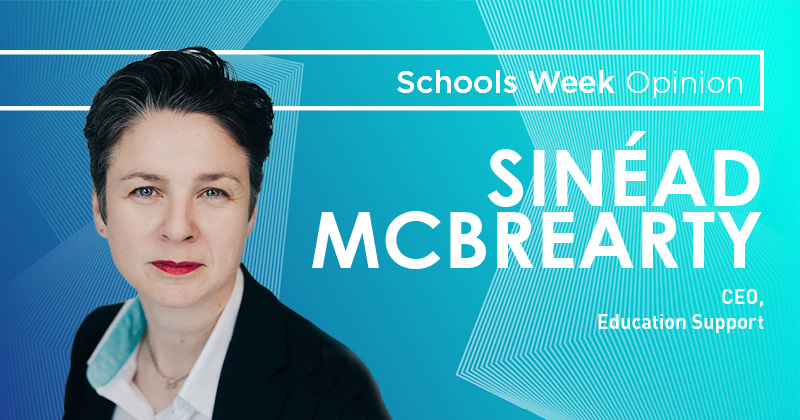Is the SEND system broken? This week, I attended a BBC Woman’s Hour special that explored this very question. While it served as a great provocation for discussion, it’s clear that this isn’t just a rhetorical question, it’s a lived reality for many, me included.
The special educational needs and disabilities (SEND) system is complex, and as I listened, I couldn’t help but notice how fragmented the conversation felt. There was a tension between the personal experiences of parents and children, and the overarching concerns from a political direction about stretched finances.
My own experience with my daughter Zelda highlights some of these very issues. We spent about three months preparing her nursery for her needs, as she is likely to have special educational needs. But during one visit, a nursery worker repeatedly told me, “We aren’t a one-to-one nursery,” not once, but three times in the span of fifteen minutes.
What made this even more frustrating is that Zelda doesn’t eat solid food yet, so her most basic need is literally someone to feed her milk. And yet, we have been previously refused an assessment for an EHCP (Education, Health, and Care Plan).
Suddenly, I’m no longer just a mum. I became someone arguing and fighting to have my child’s basic needs met.
Rather than simply asking whether the SEND system is working (because we know it isn’t), we should be asking: “What systems need improvement to ensure SEND actually works?” or perhaps we should be asking what does the SEND system do?
Recently, I had the opportunity to listen to David Didau reflect on what cybernetics can tell us about systems in schools. He discussed the idea that “the purpose of the system is what it does”. From my perspective as a parent, it feels like the system’s purpose is to prevent me from working and to engage me in the endless busy work of debating, pushing, and fighting for support.
Beyond my role as a parent, I wear other hats that influence my perspective. As the President of PRUsAP (Pupil Referral Units Association), I have a broader understanding of the systemic barriers facing children and families, especially within alternative provisions.
It’s clear to me that our system is failing
Additionally, my work in international policy on inclusion allows me to compare how different countries approach the challenges of inclusion.
It’s clear to me that our system is failing. Rather than supporting children and families, it often feels like the system is working against us. In reality, it’s a system that is only scratching the surface of need.
It’s not just about EHCPs or school provisions. The entire ecosystem surrounding a child’s needs must be addressed.
Yet critical aspects like health and social care were barely touched upon during the BBC discussion. These are fundamental components of SEND support, and the absence of meaningful dialogue around them speaks volumes.
Funding always comes up in these conversations, as though it’s a blanket explanation for the issues. But it’s not just about throwing more money at the system. It’s about structuring it in ways that truly include children, ensuring they belong and are supported in every facet of their lives.
The goals we set for inclusion don’t seem to be shared universally, and that’s a core issue.
One of the most glaring oversights in the SEND conversation is the lack of focus on early years. While early intervention was briefly mentioned, it wasn’t given the weight it deserves.
We need to prioritise early identification and support to set children on the right path before challenges escalate. This is where we can make the most difference, yet it remains underappreciated and often overlooked.
Families like mine are tired of endless meetings, letters and conversations that go in circles. We have had enough of being told what can’t be done, or what needs more time to be assessed. What we need now is real action. We need change in how the system works and how it supports children with special needs.
The SEND system isn’t functioning as it should, but the question is bigger than that. We need a multi-layered approach involving health, social care, education and early intervention to make real, impactful change.
We need to broaden the conversation and address the whole child’s needs. But more importantly, we need action, and we need it fast.
For families like mine, this is not just about policies and systems. It’s about our children’s lives, their futures and their ability to belong in a world that should be equipped to support them.











